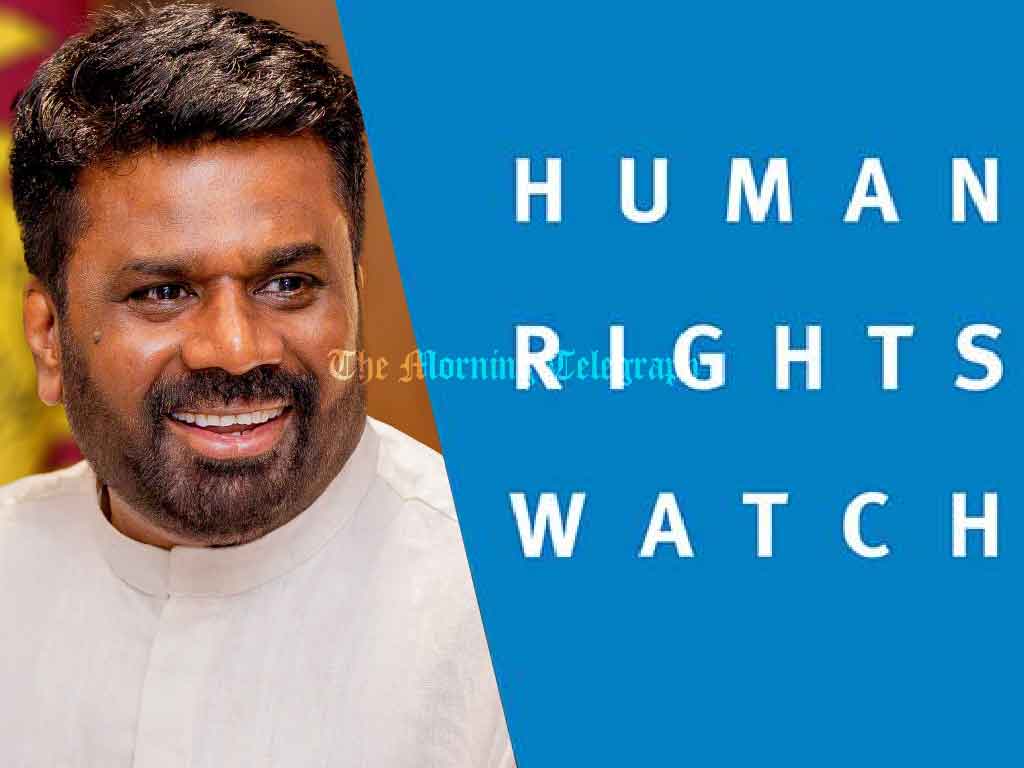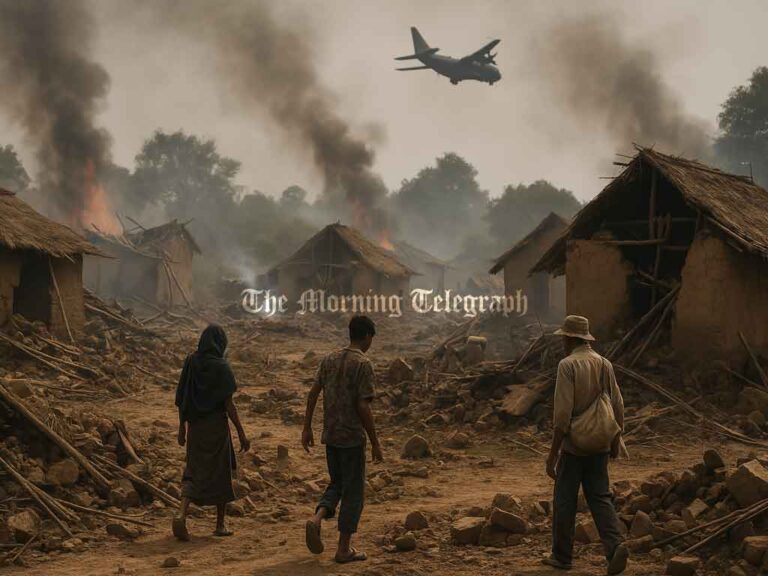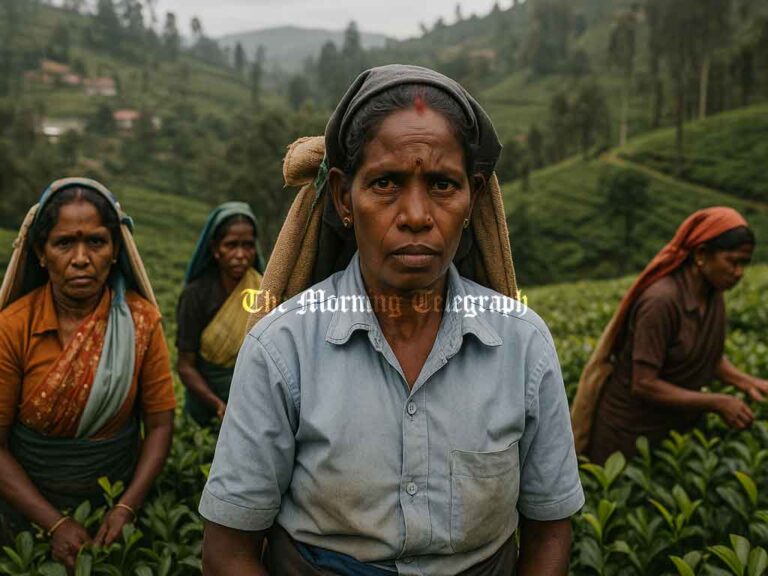
Sri Lanka’s political landscape shifted significantly in September 2024 when Anura Kumara Dissanayake of the left-wing National People’s Power (NPP) alliance was elected president, succeeding Ranil Wickremesinghe. President Dissanayake’s campaign focused on equitable economic policies and addressing longstanding human rights concerns, including pledges to abolish the abusive Prevention of Terrorism Act and combat corruption. However, his government has yet to support accountability for large-scale violations that occurred during Sri Lanka’s 1983-2009 civil war between the government and the Liberation Tigers of Tamil Eelam (LTTE).
Dissanayake’s NPP secured a large parliamentary majority in elections held on November 14, 2024, granting the government significant legislative power. Despite these political developments, Human Rights Watch, in its 2025 World Report, noted that systemic issues related to human rights abuses remain unaddressed.
Economic and Social Rights Amid Crisis
Sri Lanka continues to grapple with the economic crisis that escalated in 2022 after the country defaulted on its foreign debt. The crisis has had devastating consequences, with the proportion of people living below the World Bank’s extreme poverty line of $2.15 a day doubling to 26% of the population. The United Nations reported an increase in child stunting, and many families struggled to access essential goods and services, including healthcare and education.
The International Monetary Fund (IMF) linked its $3 billion bailout to governance reforms and fiscal measures aimed at increasing government revenue. However, the Wickremesinghe administration, under the IMF program, pursued policies that disproportionately affected low-income populations by eliminating subsidies and raising regressive taxes. These measures led to high inflation, declining incomes, and reduced access to historically robust healthcare and education systems. The IMF required Sri Lanka to allocate 0.6% of its GDP to social security programs, a figure significantly lower than the 1.6% average for developing countries.
Accountability and Justice for Wartime Abuses
The UN Human Rights Council extended the mandate of the Office of the UN High Commissioner for Human Rights in October 2024, granting the office authority to monitor and report on human rights violations and collect evidence of alleged crimes committed during Sri Lanka’s civil war. The evidence will support future judicial accountability processes, including abuses linked to violent uprisings by the Janatha Vimukthi Peramuna (JVP) in the 1980s, during which thousands of enforced disappearances and extrajudicial killings occurred.
The civil war between the government and the LTTE was marked by grave violations on both sides. Successive governments have refused to acknowledge the scale of the crimes or hold security forces accountable. In May 2024, the UN issued a report urging international investigations and prosecutions to address unresolved cases of enforced disappearances and other wartime abuses.
The Office on Missing Persons, established in 2017 to trace disappeared individuals, made little progress and faced criticism for appointing individuals implicated in past human rights violations. The Wickremesinghe administration’s proposal to create a Commission for Truth, Unity, and Reconciliation faced widespread rejection. The commission was perceived as a superficial effort to deflect international pressure without addressing the needs of victims or fulfilling Sri Lanka’s legal obligations.
Freedoms of Expression and Assembly
The Wickremesinghe administration imposed significant restrictions on freedoms of expression and assembly. Civil society organizations, particularly in Tamil-majority areas in the north and east, faced intrusive regulations requiring registration with the Ministry of Public Security’s NGO Secretariat. Intelligence agencies closely monitored human rights defenders and civil society members, subjecting them to harassment, intimidation, and restrictions on funding.
The Online Safety Act, adopted in January 2024, criminalized broad and vague speech-related offenses with penalties of up to five years in prison. It created an “Online Safety Commission” with sweeping powers to remove content, restrict internet access, and prosecute individuals. The UN human rights office criticized the law, warning it could stifle legitimate expression. Tech companies such as Google, Apple, and Meta condemned the act as a “draconian system to suppress dissent.” President Dissanayake pledged to amend the law.
Other proposed legislation under the Wickremesinghe administration included a broadcasting law criticized by UN experts for potentially suppressing dissent and a counterterrorism law granting extensive powers to security forces. These measures were not enacted before parliament was dissolved following the presidential election.
Counterterrorism and the Prevention of Terrorism Act
The Prevention of Terrorism Act (PTA) continued to be used to target Tamil and Muslim communities, allowing arbitrary detention and abuse. Between January 2023 and April 2024, 46 arrests and detentions under the PTA were reported. The law, introduced in 1979, has facilitated prolonged detention, torture, and convictions based on forced confessions. Like his predecessors, President Dissanayake pledged to abolish the PTA but has yet to deliver on this promise.
Freedom of Religion
The appropriation of Hindu and Muslim religious sites by government agencies persisted. The Department of Archaeology declared longstanding Hindu temples as ancient Buddhist sites, and the military constructed Buddhist monuments on these lands. In some cases, Hindu worshippers were denied access to their temples. Eight Hindu devotees were arrested during a festival in March 2024, detained for over 10 days, and allegedly subjected to abuse.
Drug Policy
In December 2023, the government launched Operation Yukthiya to combat drug trafficking. Over 100,000 arrests were made by May 2024, often without evidence. Allegations of torture and ill-treatment were reported, and detainees were sent to military-run rehabilitation centers with histories of abuse.
Human Rights Watch emphasized that while President Dissanayake has made commitments to address human rights concerns, his administration has yet to take meaningful steps toward accountability for past abuses. The continuation of repressive laws and policies has hindered progress in addressing Sri Lanka’s entrenched human rights issues. The government’s approach to economic recovery has disproportionately burdened the country’s most vulnerable populations, exacerbating inequalities and undermining basic rights.
Source :- HUMAN RIGHTS WATCH




